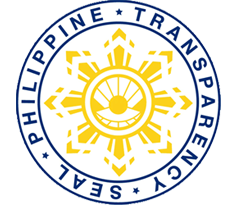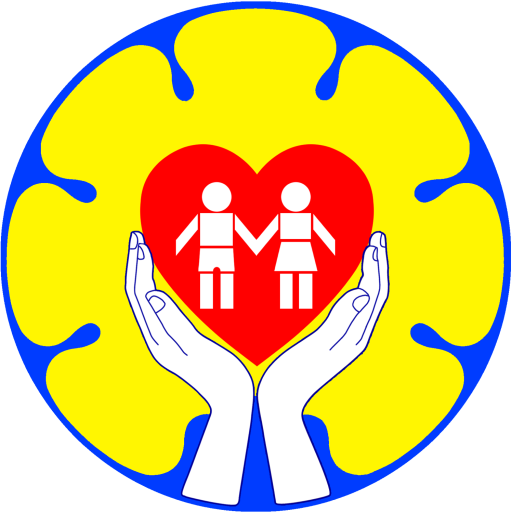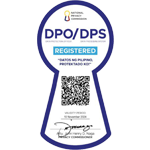August 10, 1979
Creation
PCMC was created by PD 1631 on August 10, 1979
April 29, 1980
Inauguration
PCMC was inaugurated on April 29, 1980
June 30, 1980
Start
PCMC started operation on June 30, 1980 under the Ministry of Human Settlements
April 23, 1983
Amend
Later amended by EO 893 on April 23, 1983 and was originally LUNGSOD NG KABATAAN
November 12, 1986
Renamed
Renamed the PHILIPPINE CHILDREN’S MEDICAL CENTER by Malacañang Memorandum Order No. 4 dated November 12, 1986, it was administratively attached to the Department of Health along with three other subspecialty centers, Philippine Heart Center, Lung Center of the Philippines and the National Kidney and Transplant Institute.
PCMC is the biggest tertiary subspecialty hospital. It offers the most comprehensive tertiary-care services for children in the country. PCMC is also respected for its paramount and comprehensive pediatric training program with a full competent and dedicated staff of general pediatricians and sub-specialists, nurses and support services, with a well-established referral network system.
Through the concerted efforts of its dedicated staff from every department, quality patient care has been consistently provided. Preventive health programs both for patients and employees were implemented and sustained, and subspecialty services further expanded. PCMC is also the home of top clinical practitioners and leaders in Philippine Pediatrics who are the same practitioners in top privately owned hospitals.











